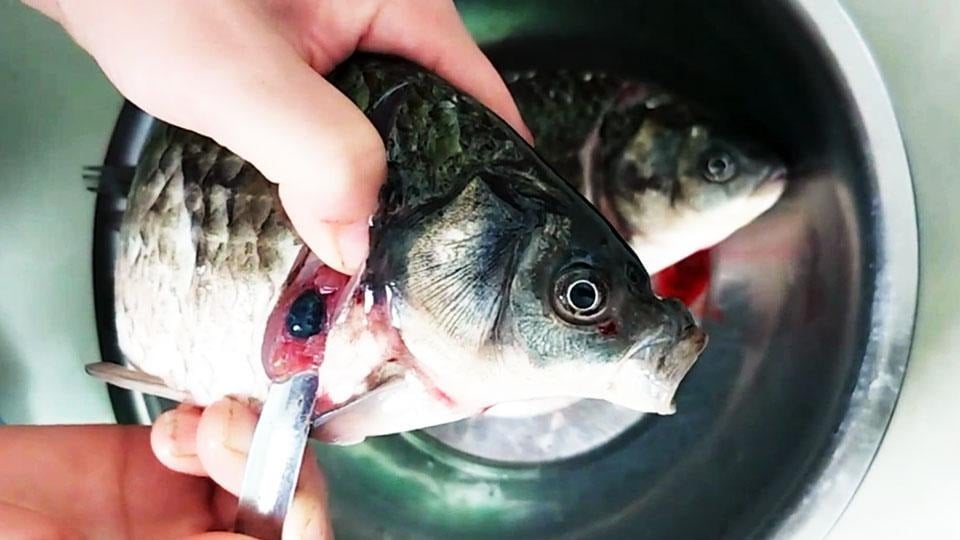According to Sohu, a recent incident in Qianning involved a woman, Mrs. Wu, who consumed a bear bile pill with white liquor while preparing dried fish. Soon after, she experienced severe symptoms such as vomiting, diarrhea, headache, and dizziness, and was rushed to Wuhan University People’s Hospital for emergency treatment. She was diagnosed with acute renal failure, acute liver failure, and coagulation disorders. Fortunately, after three days of intensive treatment, she recovered and was discharged.
A similar case occurred with Mr. Xie, a man in his 70s from Xinzhou. He believed in the rumored medicinal properties of bear bile and ingested it raw, leading to continuous vomiting and diarrhea. Despite undergoing gastric lavage multiple times locally, his condition did not improve, and he had to be transferred to another hospital. Doctors diagnosed him with bear bile poisoning, resulting in acute liver failure. After treatment, he fortunately recovered from this life-threatening situation.

Medical experts warn that bear bile is highly toxic, containing poisons such as hydrocyanic acid, which is deadlier than an equivalent amount of arsenic. This toxin destroys cells and remains potent even when cooked or soaked in alcohol. Consuming bear bile can lead to nausea, vomiting, and diarrhea in mild cases, while severe cases may result in liver and kidney failure, and even death. The toxins act quickly, typically within 30 minutes to six hours.
Common fish like carp, bighead carp, and silver carp all have poisonous bile, so it is crucial never to consume bear bile. When preparing fish, take care not to rupture the bile bladder. If accidentally ingested, seek immediate medical attention.
In addition to bear bile, several other familiar foods can be dangerous if not handled with caution:
– Sprouted potatoes: Contain solanine, a toxin that can cause poisoning with symptoms such as vomiting, diarrhea, and life-threatening complications.
– Wild mushrooms: Some varieties contain toxins that can cause abdominal pain, vomiting, seizures, and even death.
– Raw beans: Contain lectin and saponin, which can cause poisoning, resulting in vomiting, paralysis, and other symptoms.
– Moldy food: Contains aflatoxin, a potent carcinogen linked to liver cancer.
– Wild pufferfish: Highly toxic, especially during their breeding season, posing a high risk of poisoning.
– Raw or undercooked meat: May harbor bacteria, parasites, and other pathogens, leading to illnesses if consumed improperly.
If you suspect food poisoning, take the following steps:
– Induce vomiting if within two hours of ingestion and the person is conscious.
– Save samples of the food and related items for diagnostic purposes.
– Seek immediate medical attention at the nearest hospital.
“A Squeeze of Lemon: The Simple Hack to Keep Rice Fresh in Hot and Humid Climates”
In hot and humid climates, cooked rice can quickly spoil if left at room temperature. A simple trick to prevent this is to add a slice of lemon while cooking the rice. This folk method not only has scientific backing but also enhances the aroma and flavor of the rice, while extending its shelf life.



































